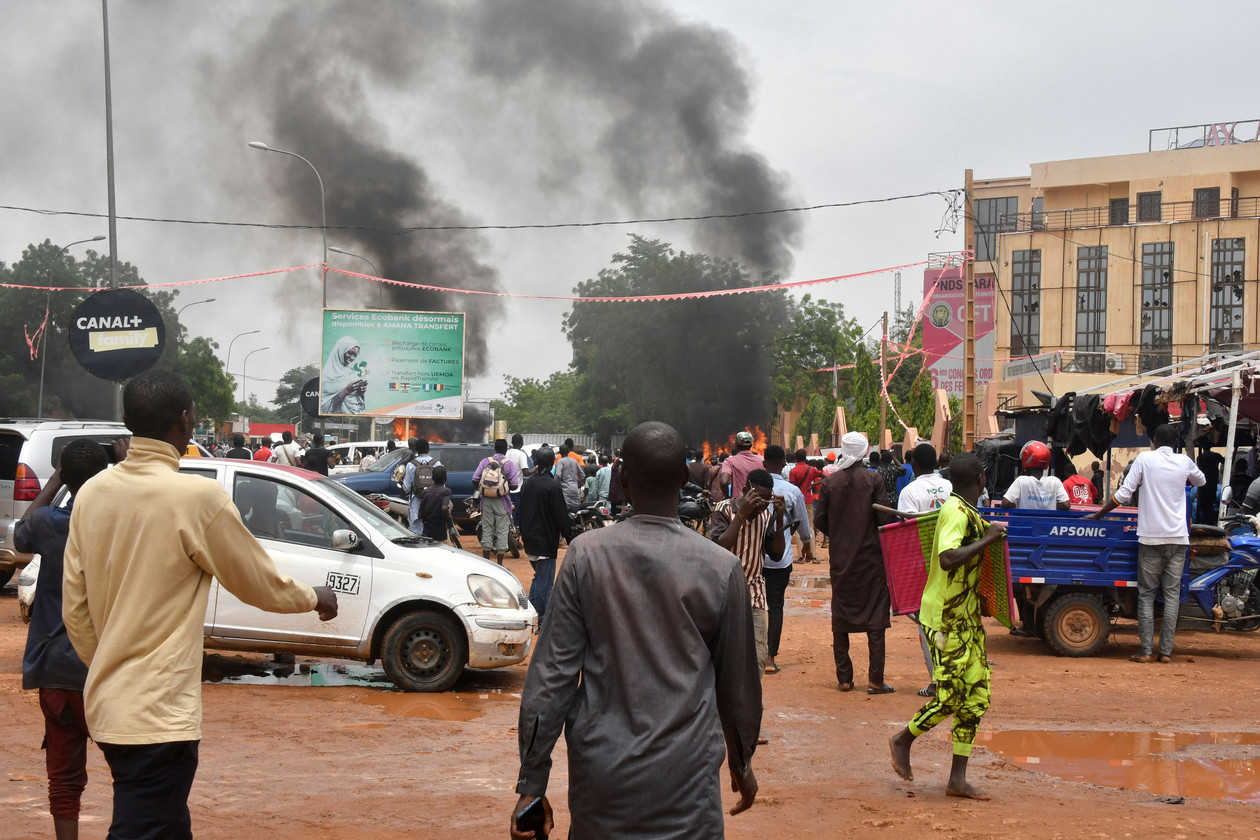On Tuesday, more than two months after mutinous soldiers took power in Niger, the United States officially branded the ouster of the country’s democratically elected president a coup d’etat.
To protect constitutional order in the West African nation, senior administration officials informed reporters that the United States was taking measures, including pressing the military authorities to restore civilian authority within four months in accordance with the constitution. With the coup label comes the suspension of hundreds of millions of dollars in foreign support, including counterterrorism assistance and military training.
The officials, who spoke on the condition of anonymity to discuss sensitive issues, said, “As time has passed, it has become clear that the (junta) officials that we have been dealing with did not want to abide by these constitutional guidelines.” The officials said the junta had decided to repeal the constitution and replace it with a new draught, the timeline for which was unclear.
Kathleen FitzGibbon, the United States’ ambassador to Niger, is still there and in communication with the country’s military junta, the National Council for the Safeguard of the Homeland (CNSP), about the safety and security of American personnel and other logistical concerns.
The release of deposed president Mohamed Bazoum, his wife, and their son, who have been under house arrest since July, and other actions by the CNSP are necessary for the administration to resume aid, the officials added.
In August, Niger’s military authorities promised to restore constitutional order within three years and use the outcomes of a public conversation to determine the country’s future course. No date has been set for Bazoum’s and his family’s release.
The United States suspends all non-humanitarian assistance, including military aid and cooperation, to a country following a formal determination of a coup, defined as the illegal overthrow of a democratically elected government.
Due to Niger’s importance in U.S. counterterrorism activity in Africa’s Sahel region and its status as one of the last democratic nations in the region, the Biden administration had been putting off a decision to stage a coup. This is because many countries in the region view Niger as a potential partner in the fight against jihadi violence linked to al-Qaida and the Islamic State. Since the year 2020, neighbouring Burkina Faso and Mali have each seen two coups.
Over the years, Islamic extremist factions have taken land, massacred civilians, and battled foreign forces. The United States has made Niger its principal regional outpost for wide-ranging patrols by armed drones and other counterterror operations. The bases host approximately a thousand American troops and are an essential part of the United States’ overall activities in West Africa and Niger.
Since the coup in July, the United States has reduced its presence in the country and relocated part of its troops from an air base in the capital Niamey to a base in Agadez, located some 560 miles (900 kilometres) away.
Administration officials have stated that while a sizable footprint remains in the country, the forces stationed there are not engaged in partnered training or counterterrorism missions, prompting the issue of why they are still there.
Officials from the United States have stated that drone-based surveillance operations will continue, but only be used for force protection. But they also admitted that troops have to stay to keep an eye on dangers “more broadly in the region” to make sure that terrorist groups don’t take advantage of the security void in Niger.
Although there would be repercussions for declaring a coup, former U.S. special envoy for West Africa’s Sahel area and current Atlantic Council distinguished fellow Peter Pham noted that it represents the reality of the situation and suggests that Bazoum’s ouster is unlikely to be reversed.
Then, he continued, “the question becomes, how do we best deal with this new reality?”
The people of Niger and the United States would both benefit more in the long run if pragmatic solutions were sought. Who, after all, would gain if the recent years’ worth of anti-terror and development cooperation was completely abandoned in the name of virtue signalling? Aside from jihadists, he added, “other malevolent actors, such as geopolitical rivals and/or their proxies.”









